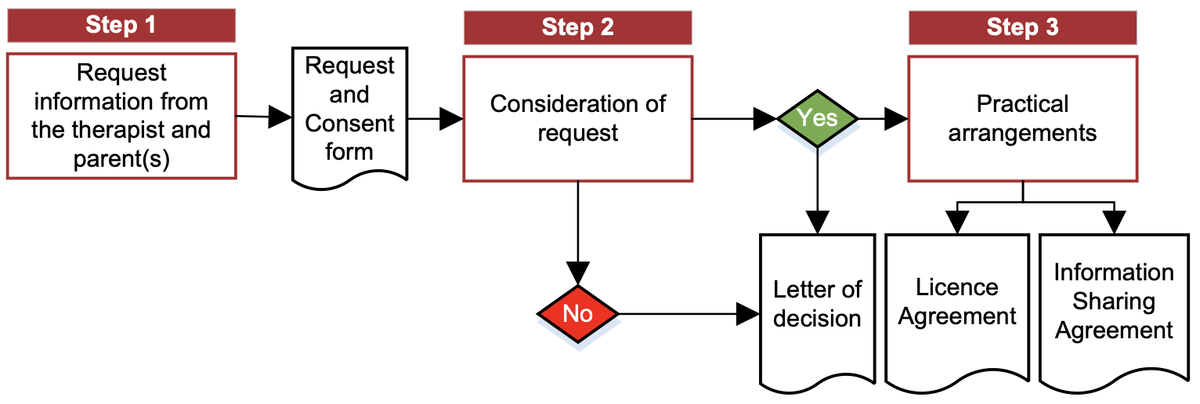NDIS Funded Therapy in Schools

You may want your child's NDIS therapist to work with them while they are at school, for example to:
- observe your child in the classroom or in the school environment
- attend a student support group (SSG) meeting, to monitor and tailor the support they provide to your child
- deliver your child's therapy at school in person or virtually
The principal will decide if it's safe and practical for your child to have NDIS therapy at school. They'll consider:
- your child's individual circumstances
- whether having NDIS therapy at school will affect your child's learning
- the safety of all students
- where NDIS therapy can take place
Due to the high number of NDIS therapists connected with our students and their families, we encourage NDIS therapy appointments to take place outside of school; preferably outside of school hours where available.
As a school we need to ensure they have the practical capacity to accommodate NDIS funded therapists providing therapy, in person or virtually, to students on school grounds. This includes having the physical space available to accommodate the therapy and ensuring the school is equipped to manage the increased administration that allowing therapy might entail.
Requests for NDIS Funded Therapy at School
Please find a flow chart of the approval process:
Please complete the initial Enquiry Form for a request for NDIS funded therapy at school:
If you make a request for NDIS therapy at school:
- You need to request NDIS funded therapy at school for consideration by the principal and/or delegate through the Enquiry Form above.
- You will also need to complete a consent form and/or request form.
- The principal will decide whether to approve your request and will let you know.
- If approved, a meeting may be held to discuss practical arrangements. This would include you, the school and your child's therapist.
If your request is approved your child's therapist will also need to sign relevant forms and work agreements with the school. These agreements apply to anyone carrying out private business on school grounds. They do not relate to the NDIS service agreement between you and your child's therapist.
You will be responsible for letting your child's therapist know:
- the agreed times and conditions for therapy
- occasions when therapy cannot take place. This may be because your child is absent or other school activities are taking place
You will also be responsible for letting the school know:
- if your child stops getting therapy or you change therapy providers
- how therapy is going
If your child is getting NDIS therapy they can still use the school therapy programs. Programs may include:
- school based Allied Health (Occupational Therapists, Speech Pathologists, Allied Health Assistant) and Mental Health staff (Social Worker, Mental Health Practitioner, Art Therapists, Behaviour Therapist, Youth Worker)
- the Department's Visiting Teacher service
- the Department's Student Support Services
The department has prepared guidelines to assist parents and carers and therapists to understand the issues a school must consider when responding to these requests, and the process for making a request.
These guidelines are available on the department’s Policy and Advisory Library. See: NDIS funded therapy in schools.
There is no legal obligation on principals to approve a request for NDIS funded therapy. This is because NDIS funded therapy is generally not required to enable the student to access their education.

